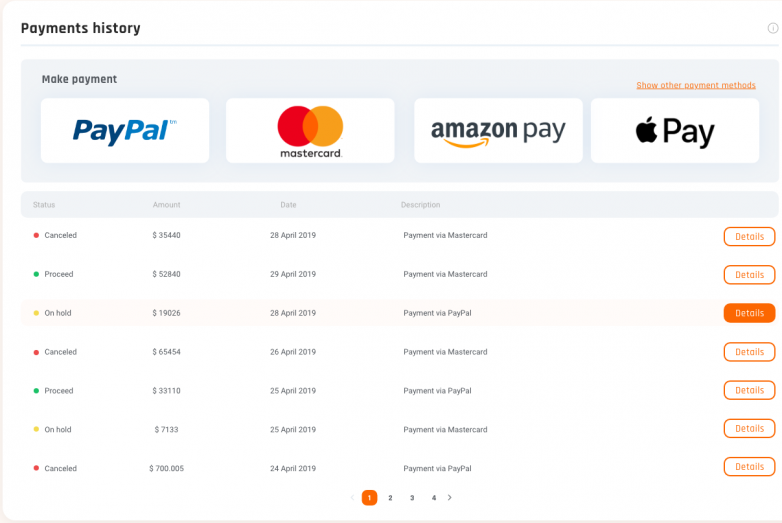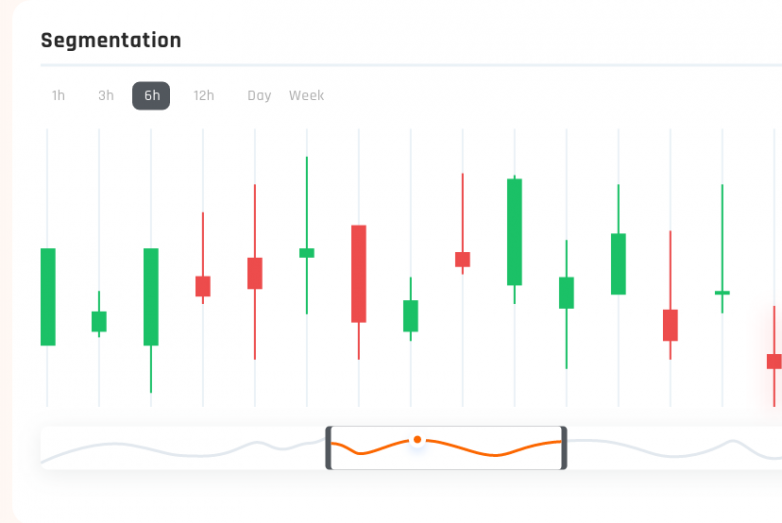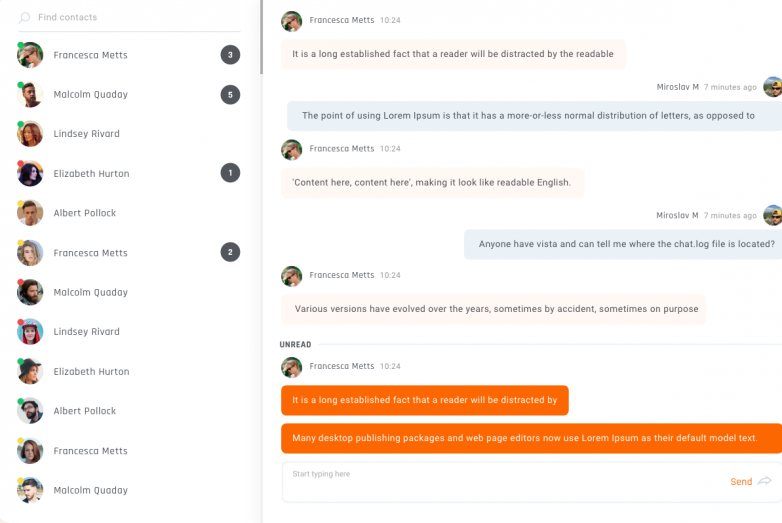
CRM Consulting Solutions
for Retail and Distribution
Retail and distribution have faced challenges like digital transformation and shifting customer behaviors.
Driven by online purchases, the industry has made progress in operational efficiency. Many organizations have invested in technologies such as Customer Relationship Management (CRM) platforms to tackle digital challenges.
OUR CLIENTS
Transactions Made Easier With Standardized Information
For many retail and distribution industry organizations, investing in software means risk, change, and facing several challenges. We have seen over the past years that the retail and distribution industry has changed its perspective. Organizations find value in having strong CRM and Marketing Automation platforms. Why? Mostly because it is breaking the silos between departments. In a brick and mortar context, platforms have to be the center of sales, operations, finance, marketing, and customer service. Nowadays, most of the software (phone systems, accounting, operations, etc.) are open sources, which means that it is easy to connect these to the CRM. Having all the information standardized in one platform, accessible by many, makes an organization’s day-to-day transactions and tasks a lifesaver.


Effortless Operations With CRM & Marketing Automation
Operations are not the same across all organizations in the retail and distribution industry. Most of the time, they all have their own operating ways, even if they are selling the same products or services. Also, operations are often very complex and hard to structure. By doing a strong analysis and inception phase, we can clearly identify how CRM & Marketing Automation platforms can automate and digitalize most processes. As a result, operations are much more fluid. Organizations are saving tons in operating expenses (OPEX), and employees can focus their time and effort on relevant tasks.
Rethinking Customer Service
Customers are always expecting greatness from companies. As soon as they face small issues or look for specific information, they look for precise answers and solutions. With a well-implemented CRM platform, it is possible to provide great customer experience. From this perspective, the main goal is to limit the irritants and support the customers. To do so, customer service needs to have access to relevant information in a matter of seconds. CRM platforms offer the possibility to connect various phone systems to their software. This allows for a 360-degree view of the consumer’s profile when receiving a call, eliminating the need to dig for information.

Clients’ Warm Words about Our CRM Consulting Services

“Thanks very much for your great support on this project. It was a pleasure working with you.”
"Thanks Olivier! A big thanks on turning around solutions so quickly in the last couple of weeks for the slight issues we discovered. The team went live with the safety abroad system on Wednesday and I couldn’t be happier!"


